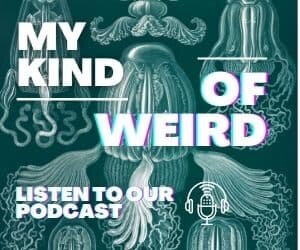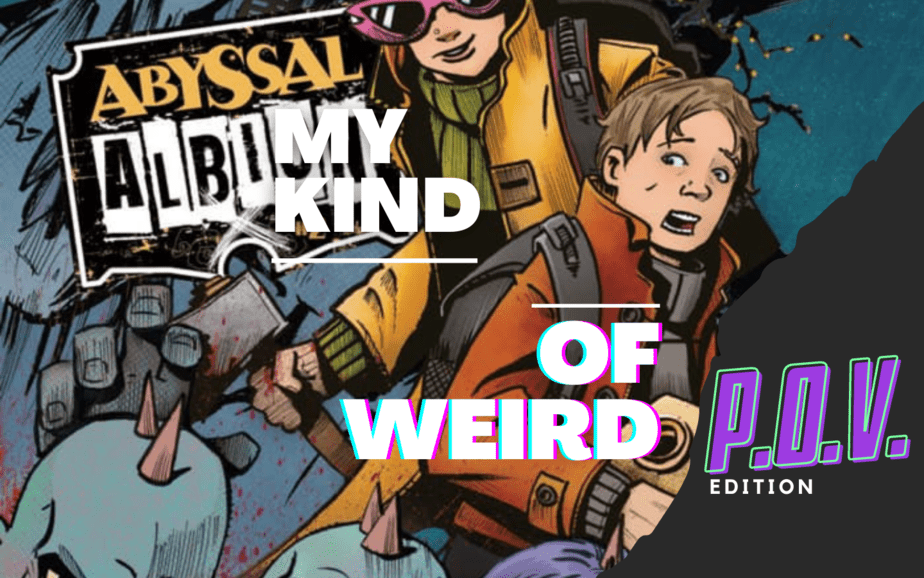
X-Factor (2020): The Big Sleep
DISCLAIMER: Some of the links below are affiliate links. If you buy something from a link, we may earn a commission at no extra cost to you. This is used to help maintain the site and create more content for you!
Leah Williams and David Baldeón’s X-Factor explores one of the strangest aspects of Jonathan Hickman’s uncanny Dawn of X event — what does it mean to be human and return from death?
‘We need X-Factor.’
Now mutants are not simply defined as humans who naturally develop extranormal abilities. Any mutant who chooses to join the X-Men on Krakoa can return from the dead. Mutants are no longer just distinct from humans for how they appear or what they can do, they are existentially completely different as their sense of mortality has shifted.

An early example of how the behaviour of characters has changed can be found in House of X #4 by Hickman and Pepe Larraz. This issue features a suicide run by a team of X-Men led by the staid and steady Cyclops on a space satellite run by human supremacists. Hickman and Larraz show popular characters die desperately fighting to the last against a genocidal machine. Their mentor Xavier grieves their passing, experiencing each painful death through psychic contact.
And then, in a turnaround that throws 57 years of morbid soap opera antics with superpowers into relief, the dead X-Men are resurrected on the island of Krakoa courtesy of a combination of the Five’s powers and Cerebro (if none of this makes sense to you, congratulations – welcome to the X-Men!).
‘…haughty little resurrection monkeys.’
So, there we are. No more death for ‘mutants’, a free-floating storytelling allegory for bigotry and violence that encompasses racism, homophobia, and has grown increasingly complex since Stan Lee decided on a superhero story premise that didn’t require specific origin stories.
But where utopias are concerned the juiciest storytelling can be found from the hidden cracks in the certainties and convictions of that society. X-Factor takes on the question of death in Krakoa. Yes, mutants can return from the dead, but who is there to investigate the circumstances of their deaths? Or as a newly minted nation, determine who is most important as a resource to be resurrected?

Death and detection
Williams and Baldeón return X-Factor to the theme of mutant investigation that Peter David and Pablo Raimondi employed, which then riffed parodically on film noir and detective fiction tropes. But detective fiction confronts the world with just how unjust the world is — Hickman’s set-up allows Leah Williams to explore what it means for the dead to get real justice.
Take Fredric Jameson’s conclusion to his book on Raymond Chandler, ending with this reflection on The Big Sleep —
And our formal distraction at last serves its fundamental purpose: by diverting us with the ritual generic aim of the detection of the criminal and of his transformation into the Other, it is able to bring us up short, without warning, against the reality of death itself, stale death, reaching out to remind the living of its own moldering resting place.
In short, as typified by Chandler, detective fiction delays our awareness of the inevitability of death, by tantalising the reader with the prospect of a mystery to solve, or justice for a crime committed, within reach of the protagonist.
Williams and Baldeón’s team of mutants are a more ramshackle bunch than your typical Jim Lee poster-posed selection of centrefold types. Northstar, Polaris, Prodigy, Eye-boy (run, don’t walk, to your store and buy Christina Strain and Amilcar Pinna’s Generation X), Daken and Prestige. They don’t even resemble the rough and ready gumshoe of the pulps.
‘You’re such a potent concentration of “disaster bisexual” ‘
Indeed, as this series flirts with noir, it’s fantastic how queer this line-up of characters is; Jameson notes in his book on Chandler that the writer’s fiction betrays a considerable amount of gay panic and homophobia. X-Factor are flirty, up for a good time, and fighting for a better tomorrow with the confidence of young people who know they can win.
Mainly that’s down to Daken, here fashioned by Williams and Baldeón into a sexy mash-up of Tom of Finland and Big Trouble in Little China’s Jack Burton.
X-Factor explores the flaw in the utopian practice of mutant resurrection. Essentially that there’s a queue now. Whose death is the most pressing to investigate? Who matters most on the frontline of this new mutant nation, or which death is an atrocity that must be urgently answered by the increasingly paramilitary wing of the X-Men? Events are kicked off by Northstar’s insistence that his twin sister Aurora, with whom he shares an intense bond, has been killed. Lacking any evidence or reports of her death, Polaris and the team assemble around his investigation.
(Beyond all else, I am excited for Williams’s take on Aurora, a character who has endured some exhausting plots focusing on her as a toxic parody of a mentally unstable woman).
More mutants
Death and resurrection continue to be a major element of Hickman’s X-Men book. The recent Empyre event tie-in even managed to conflate two mutant holocausts, the Genosha genocide that opened Grant Morrison and Frank Quitely’s New X-Men run with issue #114 and Brian Michael Bendis and Olivier Coipel’s ‘no more mutants’ magical reduction of the race to 198 individuals at the conclusion of House of M.
I am not throwing in the word ‘holocaust’ lightly here. It is after all a fictional universe based around superheroes. But from the point of view of the characters these were two catastrophic events. The Krakoa utopia is a reprieve from both decades of discrimination, but also massive, instantaneous culls on the mutant race.
‘No more mutants’ was an editorial mandate to throw aside Morrison’s conception of what a society of mutants would look like, with a culture and set of values all of its own emerging through sheer density of population. As such creatively, teams working on books had to navigate a fictional space wherein the characters were enduring immense, almost-unthinkable trauma, but also ‘back to basics’ superheroics (X-Men versus Dracula….what was that about!?).
What does that do to a people, knowing that they have found their sanctuary and even death is just another revolving door to pass through? X-Factor in its whimsy, wit and dwelling on the nature of a mutant life after death is answering that question.

Want More X-Men? Subscribe Below.
RELATED ARTICLES:
X-Men Dawn of X: The Good, The Bad and the Ugly
Top 10 X-Men TAS Episodes
6 X-Men Podcasts Team Up












